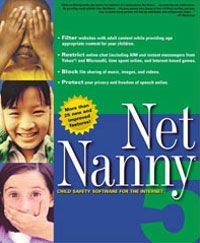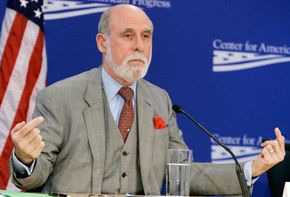One of the early nicknames for the Internet was the "information superhighway" because it was supposed to provide the average person with fast access to a practically limitless amount of data. For many users, that's exactly what accessing the Internet is like. For others, it's as if the information superhighway has some major roadblocks in the form of Internet censorship.
The motivations for censorship range from well-intentioned desires to protect children from unsuitable content to authoritarian attempts to control a nation's access to information. No matter what the censors' reasons are, the end result is the same: They block access to the Web pages they identify as undesirable.
Advertisement
Internet censorship isn't just a parental or governmental tool. There are several software products on the consumer market that can limit or block access to specific Web sites. Most people know these programs as Web filters. Censorship opponents have another name for them: Censorware.
While there are some outspoken supporters and opponents of Internet censorship, it's not always easy to divide everyone into one camp or another. Not everyone uses the same tactics to accomplish goals. Some opponents of censorship challenge government policies in court. Others take the role of information freedom fighters, providing people with clandestine ways to access information.
In this article, we'll look at the different levels of Internet censorship, from off-the-shelf Web filters to national policy. We'll also learn about the ways some people are trying to fight censorship.
We'll start off by looking at Internet censorship on the domestic level.
Advertisement



